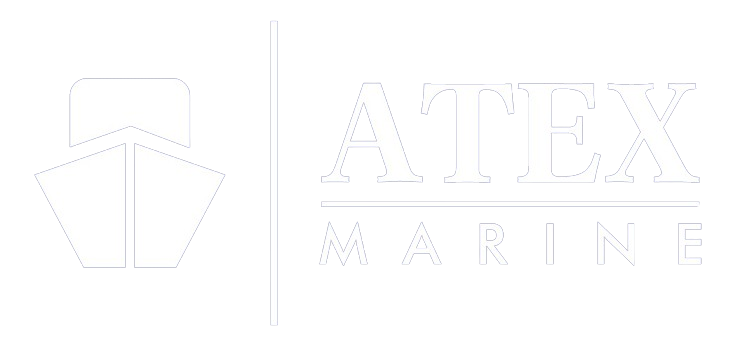AUTOMATION
Understanding Marine Fire Detection Systems
Marine fire detection systems are crucial for ensuring the safety and protection of vessels and their occupants. These systems are specifically designed to detect fire hazards early and provide prompt alerts to minimize potential damage and ensure timely response. In this comprehensive guide, we will delve into the key aspects of marine fire detection systems and address some frequently asked questions.
Why Marine Fire Detection Systems are Essential
Marine environments pose unique challenges for fire detection due to factors such as confined spaces, variable temperatures, and the presence of combustible materials. A reliable marine fire detection system is essential for the following reasons:
- Early Detection: Early fire detection is critical for preventing the spread of fire and minimizing damage.
- Safety: Ensuring the safety of crew and passengers by providing timely alerts and facilitating evacuation if necessary.
- Compliance: Meeting regulatory requirements and standards set by maritime authorities and classification societies.
Components of Marine Fire Detection Systems
Marine fire detection systems typically consist of the following components:
- Smoke Detectors: Devices that detect the presence of smoke particles in the air.
- Heat Detectors: Sensors that respond to changes in temperature.
- Fire Alarm Control Panels: Central units that monitor inputs from detectors and trigger alarms.
- Manual Call Points: Devices that allow individuals to manually trigger a fire alarm.
- Alarm Devices: Audible and visual alarms that alert occupants to the presence of fire.
10 Frequently Asked Questions (FAQs) about Marine Fire Detection Systems
| FAQ | Answer |
|---|---|
| What is a marine fire detection system? | A marine fire detection system is a network of devices designed to detect and alert occupants to the presence of fire on a vessel. |
| How does a marine fire detection system work? | It works by using sensors such as smoke and heat detectors to identify fire hazards and trigger alarms. |
| Why are marine fire detection systems important? | They are essential for ensuring safety, providing early fire detection, and meeting regulatory requirements. |
| What are the main components of a marine fire detection system? | Smoke detectors, heat detectors, fire alarm control panels, manual call points, and alarm devices. |
| How often should marine fire detection systems be tested? | They should be tested regularly as per manufacturer guidelines and maritime regulations. |
| Can marine fire detection systems be integrated with other safety systems? | Yes, they can be integrated with other safety systems such as fire suppression systems and emergency lighting. |
| What are the regulatory requirements for marine fire detection systems? | Requirements vary by region and vessel type but generally include compliance with standards set by maritime authorities and classification societies. |
| How do I choose the right marine fire detection system for my vessel? | Consider factors such as vessel size, type, and specific fire risks. Consulting with a marine safety expert is recommended. |
| What are the maintenance requirements for marine fire detection systems? | Regular maintenance and testing are crucial to ensure system reliability. Follow manufacturer guidelines and maritime regulations. |
| What should I do if a marine fire detection system alarm is triggered? | Follow your vessel’s emergency procedures, which typically include alerting the crew, assessing the situation, and initiating fire suppression if necessary. |
Conclusion
Marine fire detection systems are vital for ensuring the safety of vessels and their occupants. Understanding their components, functions, and maintenance requirements is essential for effective fire safety management. By addressing these FAQs, we hope to provide valuable insights into the importance and operation of marine fire detection systems.
